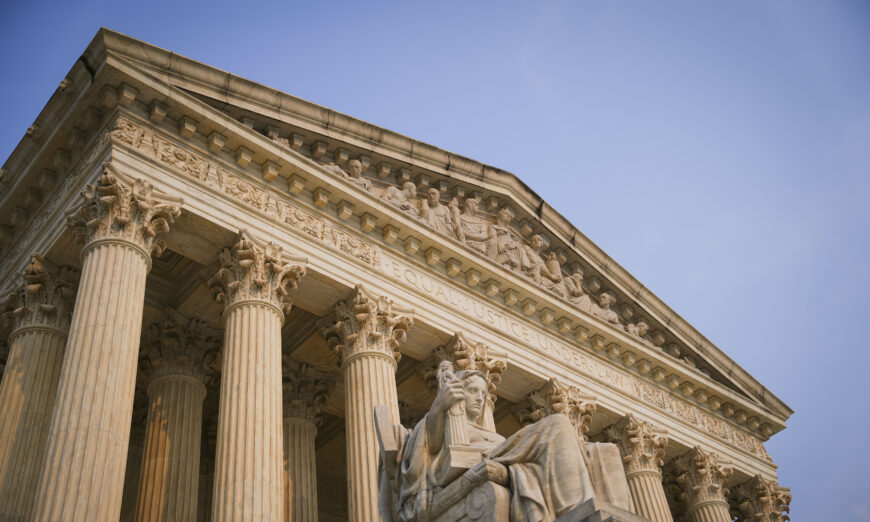Kagan’s recusal may indicate a new transparency practice for Supreme Court.
Justice Kagan’s Recusal and the Future of Supreme Court Transparency
Justice Elena Kagan‘s recent recusal from acting on a petition before the Supreme Court gave a subtle indication of how the justices might approach transparency amid a period of heightened ethics scrutiny and low approval ratings.
Just two days before Chief Justice John Roberts said publicly that the justices are “committed” to maintaining ethics standards amid a series of scandals plaguing the Supreme Court, Kagan took a step toward greater transparency, a move legal experts suggest might preview the changes the court could make to rebuild trust in the institution.
BIDEN’S OTHER CONSTITUTIONAL CRISIS: STUDENT LOANS CANCELLATION IN LIMBO
The May 22 orders list from the court saw hundreds of petitions denied, but one rejection in the capital case, Holland v. Florida, came with a unique line.
“The petition for rehearing is denied. Justice Kagan took no part in the consideration or decision of this petition. See 28 U.S.C. §455(b) (3) and Code of Conduct for U.S. Judges, Canon 3C(1) (e) (prior government employment),” according to the orders list, which cited the section of U.S. code governing conflicts of interest.
Kagan’s citation indicated her rationale to recuse concerned her status as a former government employee. She was previously the U.S. solicitor general when the capital defendant came before the court several years later.
Her decision also comes as public trust in the Supreme Court has dipped to just 41%. That’s down even further from January when 47% of people approved of the court and coincides with a recent string of reports raising transparency complaints about affluent Republican donor-paid trips taken by Justice Clarence Thomas.
The Washington Examiner spoke to several legal experts who offered a range of interpretations from the brief note, some suggesting that the inclusion could signal a new pattern from the justices while others surmising that it was more detailed compared to typical recusal notices.
Legal Experts Weigh In
- Case Western Reserve University law professor Jonathan Adler told the Washington Examiner that Kagan’s citation might indicate a new practice from the justices, as it was anticipated in a statement of principles they signed last month.
- Former U.S. deputy solicitor general Philip Allen Lacovara wrote an op-ed stating that Kagan’s explanation for her recusal referenced the Code of Conduct for United States Judges, noting the “code applies by its terms only to judges below the Supreme Court.”
- Brookings Institution senior fellow Russell Wheeler said the recusal note was a “helpful nod” but contended it could add confusion to the standards the justices are expected to abide by.
- University of Richmond Law School professor Carl Tobias said Kagan at least deserved “substantial credit and thanks” for attempting to push for more transparency.
- Case Western professor Jonathan Entin agreed Kagan’s action was a positive step but contended her decision can only go so far for the high court’s critics.
“Beyond that, though, people who are skeptical of the Court’s approach to ethics will emphasize that their principal concern is that justices are not recusing in cases where the critics think they should recuse rather than that justices are not explaining why they do recuse when they decline to participate in cases,” Entin said.
As the Supreme Court faces criticism and low approval ratings, Justice Kagan’s recusal and the legal experts’ interpretations of it offer a glimpse into the future of transparency for the institution.
CLICK HERE TO READ MORE FROM THE WASHINGTON EXAMINER
" Conservative News Daily does not always share or support the views and opinions expressed here; they are just those of the writer."




